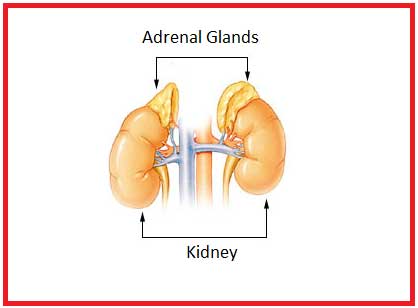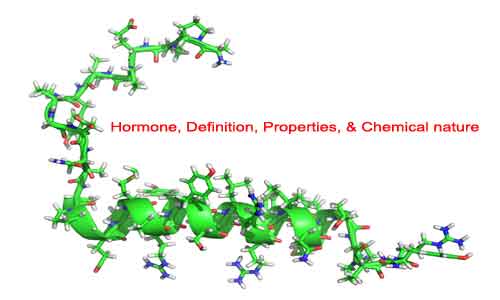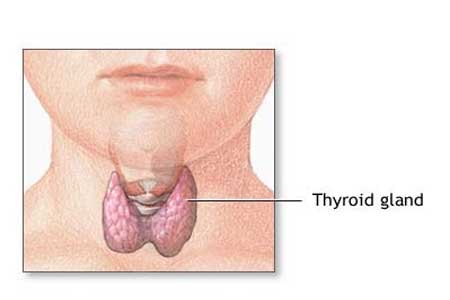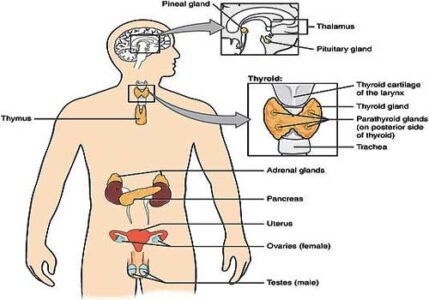Adrenal Gland: Different Parts, Hormones and Functions
The adrenal gland is one kind of endocrine gland, which is also known as a suprarenal gland. It is two in number that is placed on the upper pole of each kidney at the level of 1st lumbar vertebra. The right adrenal gland of humans is pyramidal in shape, while the left adrenal gland is … Read more




